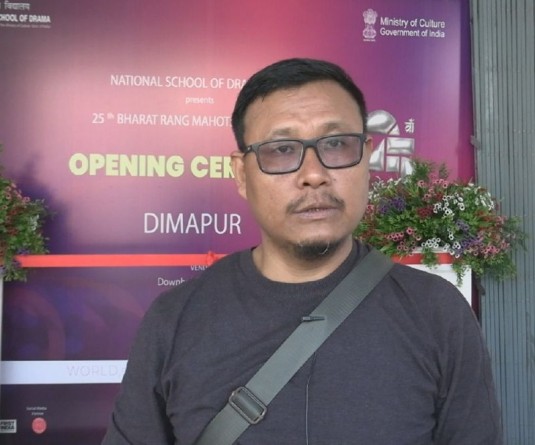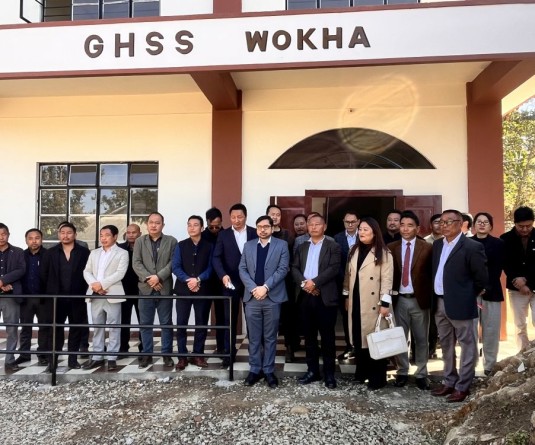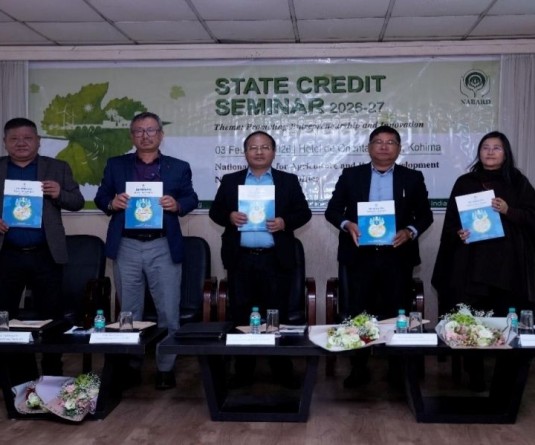
DIMAPUR, DECEMBER 16 (MExN): The Naga Hoho and the Dimapur Naga Students Union (DNSU) have expressed concern over the recent developments in the dispute between the Southern Angami Public Organisation (SAPO) and the Mao Council.
A press release from the Naga Hoho stated that “Nagas have traditional practices to resolve any disputes by way of customary laws.” It said that the Tenyemi People’s Organisation (TPO) has been giving its best efforts to resolve the issue taking into confidence of both conflicting parties.
“However, due to the involvement of the Manipur State Government, the matter has taken a retaliatory turn. The Nagas have the right of ownership of their land and the state must uphold and protect the traditional land ownership, rather than creating endless disputes,” it said.
The Naga Hoho appealed for an amicable settlement through mutual respect and understanding; and not through conditions or strictures to one another “within the family members in the true spirit of Christian faith/belief.”
“Let us remember that Nagas are one people wherever they are, which is not by circumstances but by blood. We should not allow any authority on earth to divide the Nagas either emotionally or physically. Nagas are bound to be together till eternity as it is God's given natural right and aspiration. Therefore, we must collectively find out a way for unity of purpose so that lasting peace is ushered in,” it appealed.
Meanwhile, the DNSU said that the present situation is “impacting the commuters, especially the students' community to commute to their homes during this festive season.”
The DNSU appealed to SAPO to reevaluate its decision and revoke its resolution considering the Christmas holiday season when many of the students' community from across the country are returning home to spend their short break with their loved ones and families.
It further hoped that the SAPO and the Mao Council will find alternative solutions to the dispute that is preventing the peace of both communities and appealed to leaders and decision-makers of both communities to “deem peaceful co-existence.”






